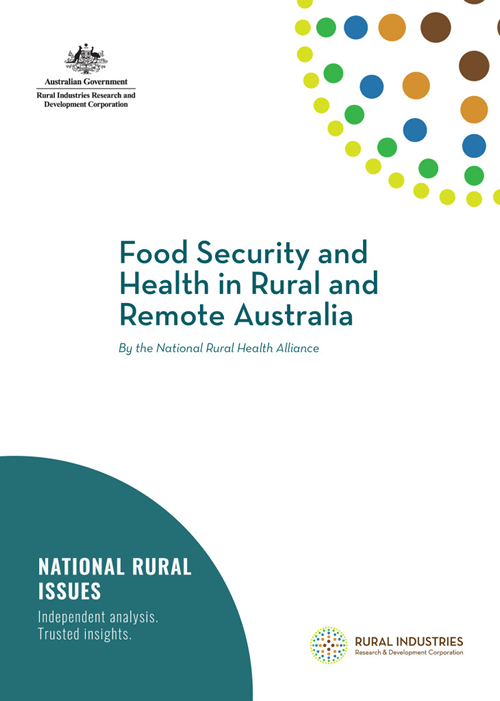This report describes and analyses the prevalence of food insecurity in Australia and the consequent adverse implications for the health and productivity of individuals and communities. It proposes options aimed at improving the health and wellbeing of Australians who experience food insecurity. It notes the role of the agricultural sector in addressing Australian food security. It also highlights the prevalence of food insecurity in remote Aboriginal and Torres Strait Islander communities.
From canvassing some of the actions already underway to address food insecurity by Commonwealth, state and territory governments and by the community sector, the report proposes ways in which the situation could be better managed. A national strategy for food security, a targeted research agenda and data collection, and the development of new and coordinated or additional policy and program approaches are suggested. Among other things, this report makes the case for food security considerations to be incorporated into an integrated national discussion about health, agriculture, water resource management, supply chains, taxation and trade. It also underscores the need for a comprehensive cost benefit analysis of the impact of food insecurity for remote and rural Australian communities.





